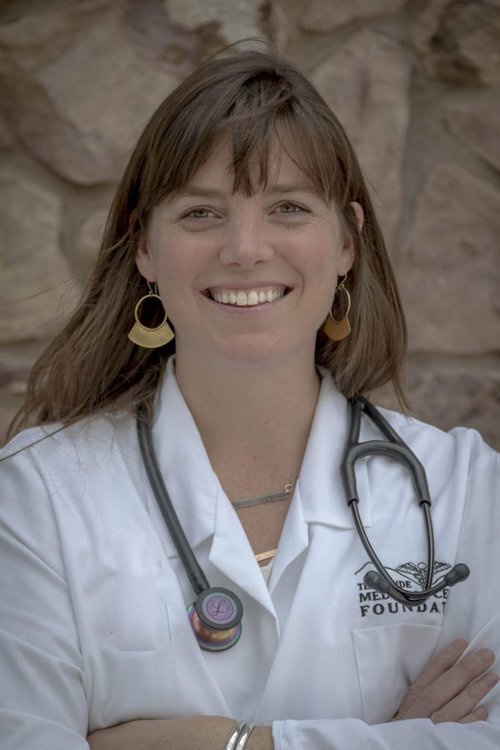
27 Mar Telluride Med Center: Grant to Improve Care for LGBTQ Patients!
A grant from the Colorado Department of Public Health and Environment is helping Telluride Regional Medical Center create a more inclusive environment for LGBTQ patients. The medical center received the $25,000 grant in the fall of 2021 to address health disparities and inequities, and better capture demographic data about the various populations the medical center serves.
Go here for more on the Telluride Med Center.

The medical center’s leadership began to search for ways to improve care for LGBTQ community members after some patients voiced concerns about feeling uncomfortable and unsafe accessing care at the facility. Creating an inclusive environment is crucial to breaking down barriers that often prevent LGBTQ patients from seeking help. According to Denver Health, an LGBTQ Center of Excellence, patients with a medical provider who is not LGBTQ-friendly are less likely to seek primary care services.
“The fact that so many LGBTQ people don’t access health care because they are worried about discrimination is heartbreaking to me,” said Dr. Christine Mahoney, Telluride Regional Medical Center’s Primary Care Medical Director.
To provide more appropriate and better-informed care, medical center staff received training from experts at Denver Health and the Mayo Clinic who are well-versed on gender-affirming care. The presentations covered everything from using the correct terminology, to understanding gender-affirming tools and how to create a more inclusive environment.

Dr. Christine Mahoney
“We have taken the time to walk through the clinic and notice where the signage could be better, where we could display more diverse images. We are evaluating our materials and visuals and trying to improve those,” said Dr. Mahoney.
The medical center is also working with its Electronic Health Record company to include sexual orientation and gender identity data. The grant is helping defray the cost of integrating questions about sexual orientation and gender identity into the facility’s system and has also helped support the staff’s participation in trainings. Having more inclusive information will help providers deliver more patient-centered care and identify health disparities.
Mahoney acknowledges that some staff members were uncomfortable with the idea of asking patients about their sexual orientation or pronoun preference – a fairly common concern of providers. One JAMA study found that nearly 80% of clinicians working in emergency departments thought they would offend patients by asking about their sexual orientation or gender identity. Yet that same study found sexual gender minority populations were willing to disclose this information and believed it was medically relevant to their care.
“Just having these discussions normalizes these issues. With any effort, when you start talking about it, it becomes part of the language and hopefully part of the culture,” added Dr. Mahoney.
The center also hopes to host a forum about health equity for the LBGTQ community in June, which would feature experts from leading LGBTQ advocacy organizations and more resources for patients.


Sorry, the comment form is closed at this time.